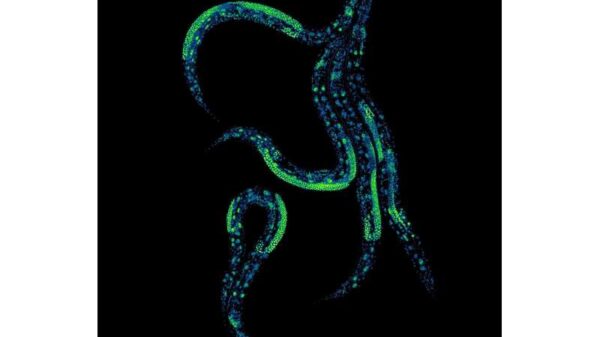New research from the Paul Scherrer Institute (PSI) in Switzerland has revealed how a small molecule known as spermine could play a significant role in protecting against neurodegenerative diseases such as Alzheimer’s and Parkinson’s. This study sheds light on spermine’s ability to alter the behavior of certain proteins, potentially paving the way for novel therapeutic strategies.
Understanding Spermine’s Protective Mechanism
Spermine, a naturally occurring polyamine, is involved in various cellular processes. According to the findings published in the journal Nature Communications, spermine has a unique ability to bind with proteins implicated in neurodegeneration. The researchers liken this interaction to the way cheese clings to noodles, leading to the aggregation of harmful proteins.
This clumping mechanism is crucial, as it may render these proteins harmless, preventing them from causing cellular damage associated with Alzheimer’s and Parkinson’s diseases. By inhibiting the toxic effects of these proteins, spermine could potentially slow the progression of these debilitating conditions.
Potential Implications for Alzheimer’s Research
The implications of this discovery are profound. With the number of individuals affected by Alzheimer’s projected to rise significantly in the coming years, understanding the biochemical pathways involved in the disease is more critical than ever. The research conducted at PSI provides a promising avenue for developing new treatments aimed at mitigating the effects of neurodegeneration.
As the scientific community continues to explore the full range of spermine’s capabilities, further research may reveal additional applications in treating other diseases associated with protein misfolding. This could lead to advancements not only in Alzheimer’s care but also in the broader field of neurodegenerative research.
Overall, the findings from the Paul Scherrer Institute represent a step forward in the quest to understand and combat diseases that affect millions worldwide. Continued exploration of spermine and its interactions within the human body may unlock new strategies for enhancing brain health and resilience against neurodegenerative diseases.





































































